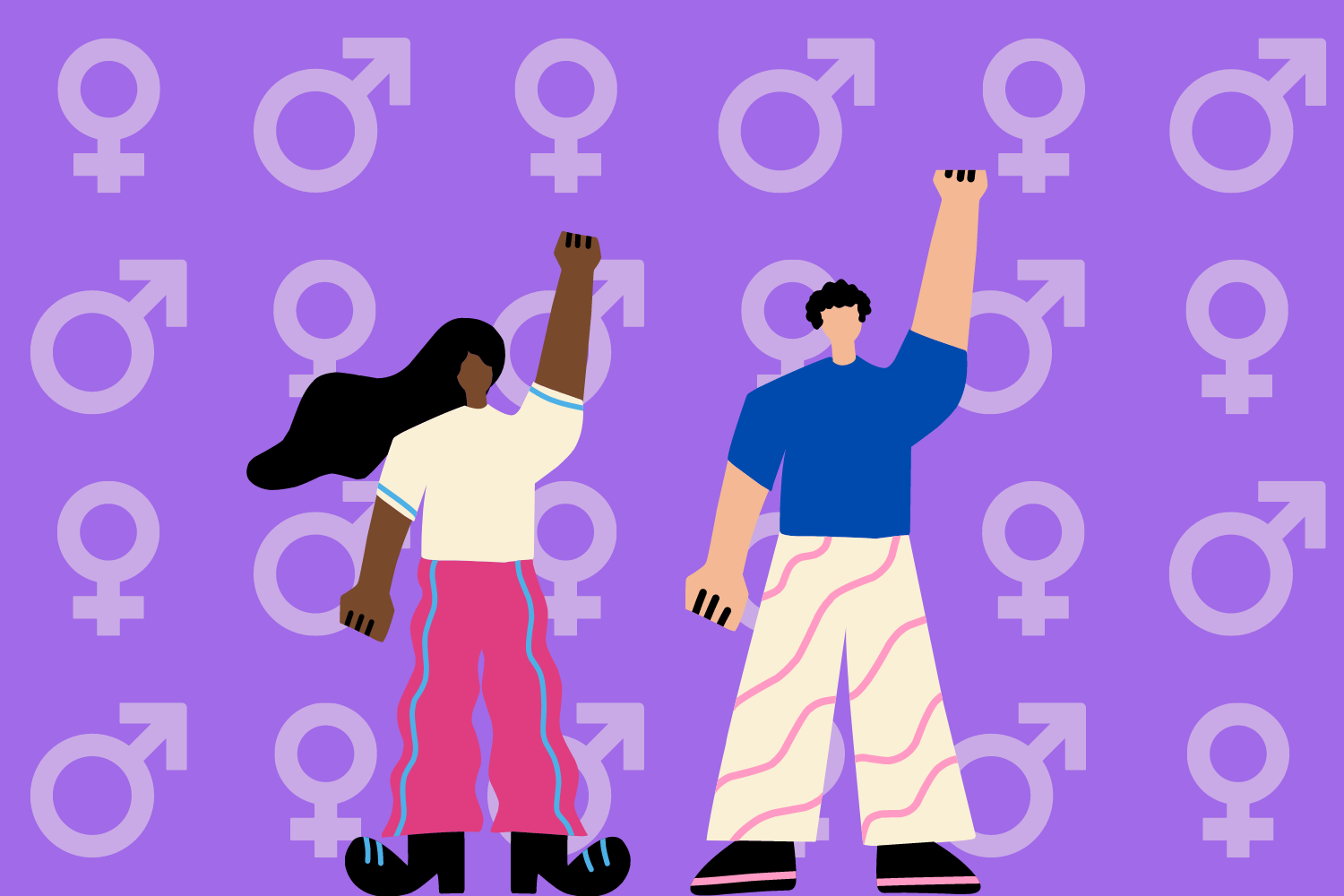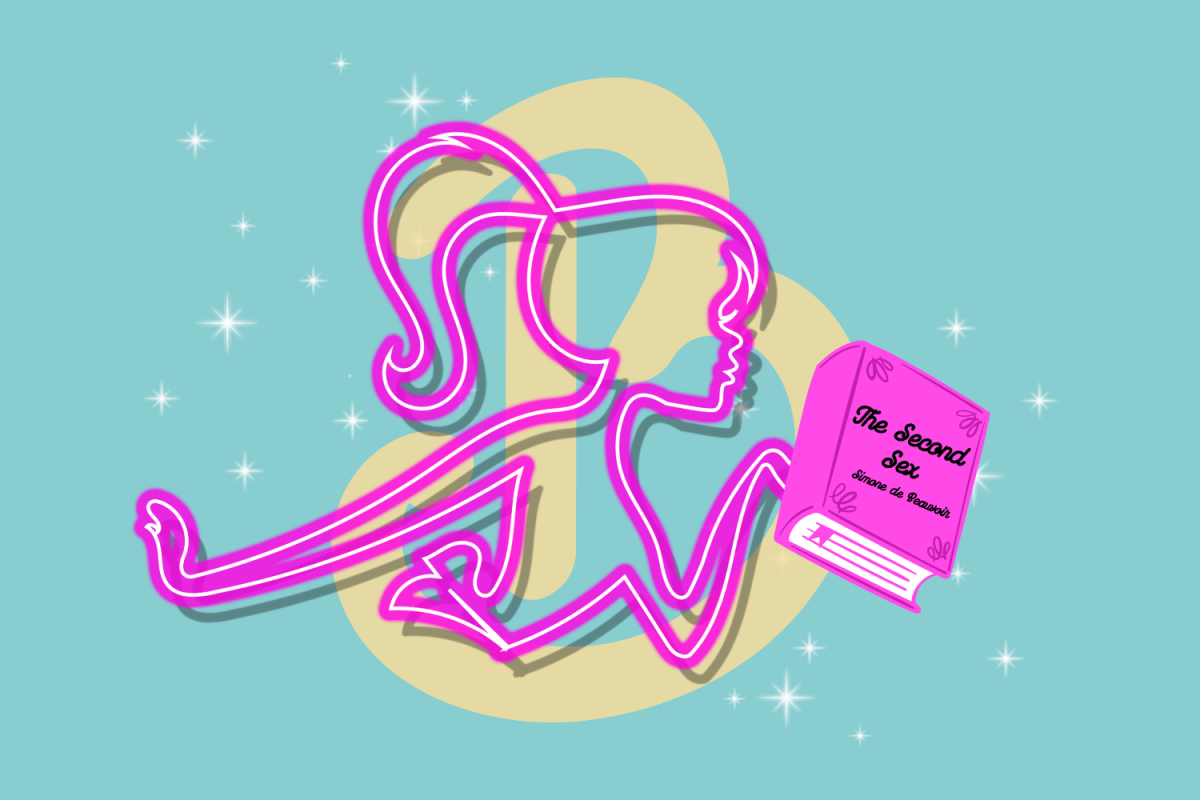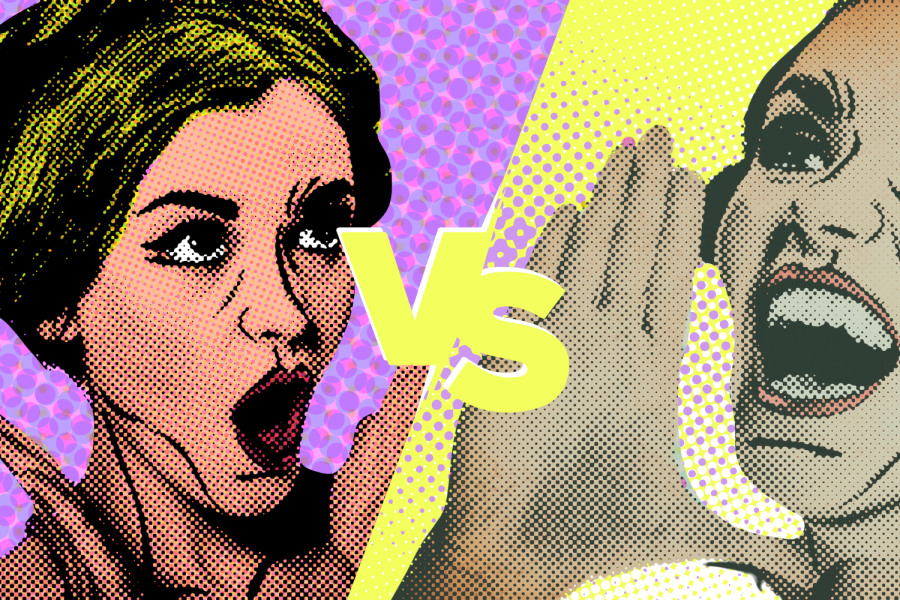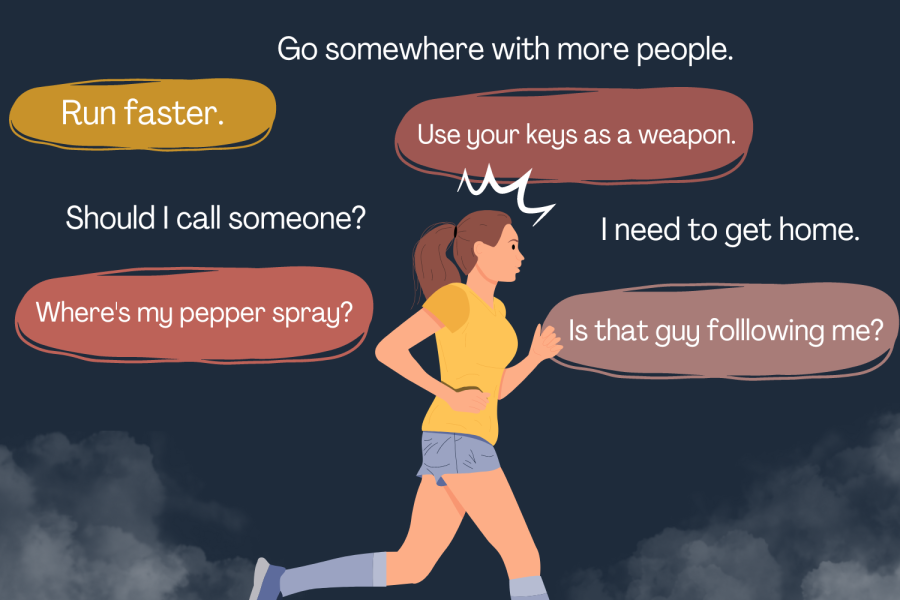Editor’s note: This piece contains mention of suicide.
Over the past 50 years, feminists have made tremendous progress toward gender equality. Women’s college enrollment and graduation rates are rising, we hold 52% of all management and professional-level jobs, and sexual violence has fallen by more than half since 1993.
However, significant obstacles remain in achieving gender equality. While some men support feminism, others argue that women aren’t oppressed and that men are instead. “Men’s rights activists” argue that men are disproportionately incarcerated, worked to death and emotionally neglected. While some men’s rights groups emphasize emotional support for men, activists like Andrew Tate argue that men who work on their mental health “are not able to compete with men who don’t.” Is feminism really a slap in the face to good men? Or is it possible that feminists and the men who oppose them are advocating for the same basic equality that has been denied to people for decades?
March is International Women’s History Month, a crucial time for us to not only celebrate our progress but also to ensure people of all genders and political affiliations understand feminism so women can achieve the equality we deserve.
Opponents of feminism use statistics to argue that men are oppressed. They cite that society doesn’t allow men to talk about their struggles as much as women and that men constitute the majority of workplace deaths globally. Men are also disproportionately incarcerated, with 93.2% of American inmates being male. While these statistics reveal real disparities for men, they exclude context that shows how our society oppresses women.
Notably, the patriarchy creates and enforces gender roles to elevate men. Men’s gripes about society are caused by the patriarchy, just like the oppression of women is. Women are expected to display more emotions, be vulnerable and needy and prioritize their role in the domestic sphere. In contrast, men are expected to limit emotional displays, be tough and stoic and serve as the family breadwinner. Thus, by privileging men over women, society limits men as well. Men’s rights activists need to stop blaming gender limitations on feminists. It would benefit men’s rights activists to listen to feminists and understand that their idea of gender equality could both benefit women and fight the stereotypes of masculine toughness.
We all need to acknowledge that feminists and men’s rights activists are so much more than their differences –in fact, we could potentially be on the same page.
Are men really the disadvantaged gender?
There is evidence that shows men face disadvantages. However, being disadvantaged is different from being oppressed.
Gender roles are a tool of the patriarchy to reinforce men’s privilege over women. Women are stereotyped as generous and agreeable while men are stereotyped as being strong and commanding leaders. As a result, hiring panels favor men applicants over women applicants who have the same qualifications. Women are valued for their appearances, and, consequently, women in the media are criticized for their physical attractiveness far more often than men are.
Still, gender roles inevitably limit men at times. Men are also confined to expressing a set range of traits or life paths. Validating men’s struggles does not need to invalidate the reality that we women are recovering from centuries of treatment as second-class citizens. While these disadvantages certainly aren’t pleasant for men, it’s important to remember that they are a product of a system ultimately designed to oppress women.
Because the patriarchy is designed to benefit heterosexual men, it also systematically disadvantages LGBTQ+ men or other men who present their gender non-stereotypically. Men who display stereotypically “feminine” characteristics are excluded from groups of men who validate and support each other for displaying masculine “toughness.”
Men subconsciously support and feed into the ideals of the patriarchy. By advocating for “men’s rights,” the men’s rights movement supports the patriarchal structures that cause their problems.
For example, a man might argue that men are disproportionately incarcerated. However, ideas of male “toughness” fuel crime. From 1982-2018, 98 men committed mass shootings compared to only two women in the same time period. While not all mass shootings, of course, are a product of toxic masculinity, hypermasculine pressures on men to be “tough” fuel violence. Conviction rates are higher for both men and women who behave in a stereotypically “masculine” way.
The movement for men’s rights doesn’t have to undermine feminism. Men and women need to unite to dismantle the gender roles at the cornerstone of the patriarchy and our respective struggles. Fighting gender stereotypes can reduce the bias against men in incarceration and the gender wage gap. For their own good, men need to be courageous, step out of prescribed gender roles, and fight the patriarchy.
How can we build unity toward feminist goals?
Stereotypical masculinity espoused by men’s rights groups can both reinforce gender inequality and hurt men. Men’s rights activists often support a predominantly male workforce and pressure men to succeed which causes the very mental health concerns and overworking that they despise. As a result, men end up the primary breadwinners of their own volition. However, men are also the most anxious when they are the sole breadwinners at home. Men need to seek solutions to their complaints in the only place where they exist: outside the limiting false promises of gender roles.
When we acknowledge that fighting the patriarchy helps all of us, we can stop blaming women for men’s struggles in society and identify the root causes of disadvantages faced by each gender.
For example, anti-feminists often try to invalidate the gender wage gap or leadership gap by arguing that women choose lower-paying jobs. However, these disparities exist because women are encouraged to value marriage and family from a young age, not what they produce. Companies are reluctant to hire women for high-responsibility jobs because they expect them to have a family. This situation is not the fault of women, but, instead, of years of mental conditioning they face in society.
Certainly, this mental conditioning seems like a tremendous barrier to feminism. Those who oppose feminism love to talk about how men are willing to work longer hours and undergo more emotional strain than women for a salary or promotion.
Even if it is true that men see more career advancement in the workforce, it is not helping men to accept it. This gender norm fuels men’s mental health crises, our society’s commodification of their role in the family and the chronic absence of father figures in families. Expectations of stereotypical masculinity cause men to accept unbearable workloads and emotionally withdraw into their work (sometimes under the pressure of a partner or family) rather than focus on their relationships – only to be criticized for being emotionally absent or (still) not earning enough.
Retreating into stereotypical gender roles will not solve problems of gender inequality.
Men’s rights activists need to stop blaming women for men’s struggles and acknowledge that modern male frustration is not a product of gender equality but a persisting lack of it. As a society, we need to clarify the mixed messages we are sending to both men and women, step out of gender roles and acknowledge that gender equality is for everyone.
This International Women’s Month, we need to acknowledge how we fall short in advocating for gender equality for both men and women. Men’s rights activists need to accept that their struggles are not a product of gender equality but a lack of it. Mutually acknowledging how we have fallen short of breaking gender stereotypes in the past 50 years and resolving to fight for real equality may hold the key to progress in the feminist movement – for both men and women.










